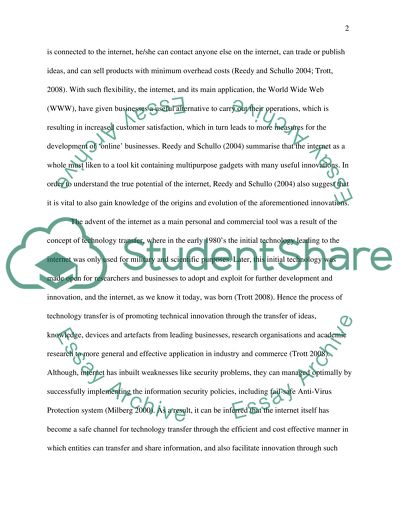Cite this document
(“Role of the Internet in Economic Development and Culture Coursework”, n.d.)
Retrieved from https://studentshare.org/finance-accounting/1414058-mba-module-international-business-environmnet
Retrieved from https://studentshare.org/finance-accounting/1414058-mba-module-international-business-environmnet
(Role of the Internet in Economic Development and Culture Coursework)
https://studentshare.org/finance-accounting/1414058-mba-module-international-business-environmnet.
https://studentshare.org/finance-accounting/1414058-mba-module-international-business-environmnet.
“Role of the Internet in Economic Development and Culture Coursework”, n.d. https://studentshare.org/finance-accounting/1414058-mba-module-international-business-environmnet.


